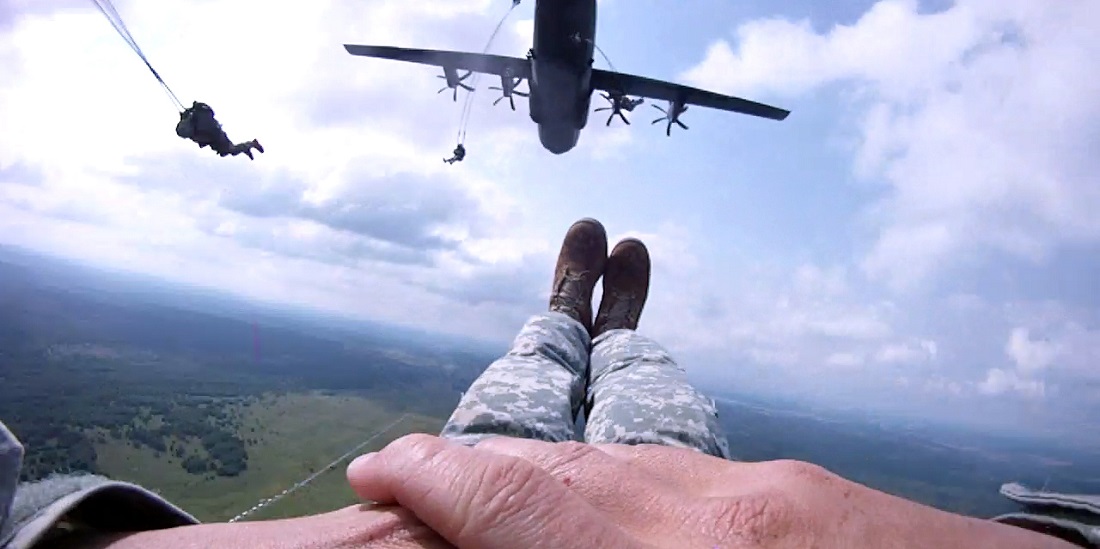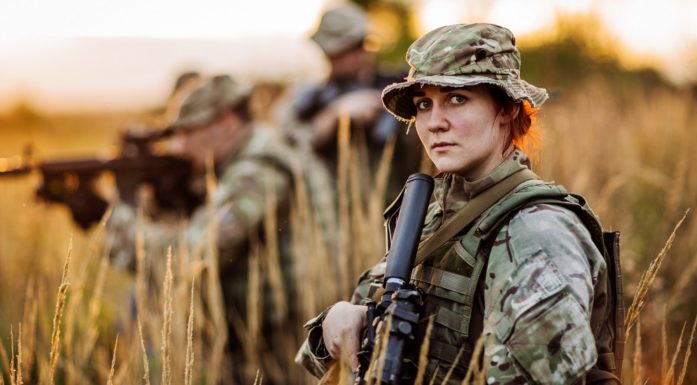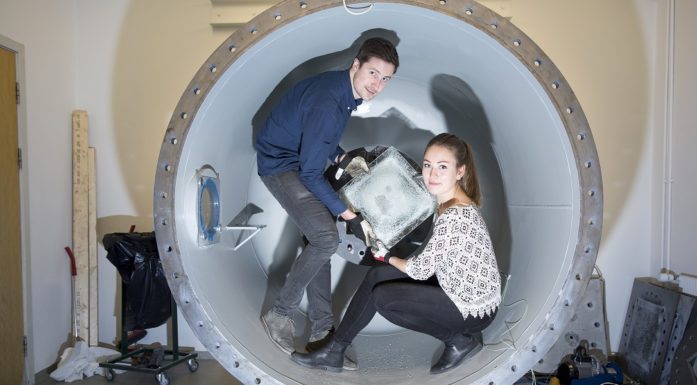War in Ukraine could last for months
The war in and over Ukraine has already lasted nearly two months. There is little reason to assume that it will be over anytime soon.
About two centuries ago, the Prussian general and military theorist Carl von Clausewitz, in his classic book “On War” (Vom Kriege), claimed that wars do not end until at least one of three criteria is met.
- First, the military capability of one of the warring parties collapses.
- Second, none of the warring parties can realistically achieve meaningful progress on the battlefield.
- Third, the costs become too great for both sides, and continued warfare does not achieve much besides exhausting each other.
None of these scenarios appears to be imminent in Ukraine. In particular, Russia currently appears to be eyeing the possibility of further progress, especially in the south. Russia also has the greatest potential for escalating the conflict. This could lead the war into a new, more brutal and protracted phase, one that would presumably involve implicit or explicit threats to use nuclear weapons.
At the same time, there is little to indicate that Ukraine’s resilience is declining. The country appears to be far from defeated, and is also eyeing the possibility of progress.
This optimism is partly due to the fact that Ukraine has already proved far more militarily capable than most people had thought. That combat capability can be strengthened in part through additional arms deliveries from the West and partly because Kyiv knows that Russia’s willingness to fight is not limitless.
Logical culmination
In a way, the war represents the logical culmination of at least two decades of tug-of-war over Ukraine. Moscow considers Ukraine to be a core national interest, something the country is ultimately willing to go to battle for. For many years, Russia’s primary strategy has been to use non-military means – primarily economic – to counteract developments it feared would lead to a fully west-facing Ukraine.
The Orange Revolution in 2004 was thus a wake-up call for Moscow, as was the US promise in 2008 of future NATO membership for Ukraine and Georgia. The most dramatic events occurred in 2013 and 2014, when the rapprochement between the EU and Ukraine, and a swift (non-military) response from Russia, gave rise to another mini-revolution that quickly led to pro-Russian President Viktor Yanukovych fleeing Ukraine.
Russia’s tool of choice once again is military force. Unequivocal military force.
The crises in 2008 and 2014, on the other hand, were quickly met with military responses from Moscow.
The lesson is, or should have been, that when Russia finds that non-military tools are insufficient to secure the country’s (that is, the regime’s) self-declared core interests, they dig further into their toolbox. Since 2014, Ukraine has gradually become more West leaning – militarily, economically, politically and ideologically. And Russia’s tool of choice once again is military force. Unequivocal military force.
War as a continuation of policy
Clausewitz’s most famous words are that “war is merely a continuation of policy by other means.” The goal for Moscow has been more or less set for decades, but the measures it has used have become more blatant.
Military power, Clausewitz rightly writes, is the supreme tribunal.
There is a sense of something redemptive, though also deeply tragic, about the war; its function is to decide the most significant contentious issues. Sometimes this decision is final, and most often it is long-lasting, at the very least.
Military power, Clausewitz rightly writes, is the final judge – the supreme tribunal.
War determines diplomacy
This outcome will also be the case in Ukraine. The country’s future will eventually be the subject of serious negotiations – diplomacy. It is often said of serious conflicts that they have no military solution, just a diplomatic one.
The eventual winner of the war will dictate much of the subsequent (cold or warm) peace.
But actually the opposite is true: the diplomatic “solution” for the Ukraine conflict will primarily follow from the military realities. And the military realities refer first and foremost to the course of the war and the progress, retreat and stagnation of the warring parties.
The eventual winner of the war will dictate much of the subsequent (cold or warm) peace. Of enormous importance therefore is whether Kyiv falls, whether Ukraine loses access to the Black Sea and whether the country and the people manage to persist with their seemingly indomitable will to resist.
Right now, however, no clear winner and no clear loser exist. And the warring parties do not yet seem to be close to a state of exhaustion, either. Most indicators would therefore point to additional weeks or months of war, although war (according to Clausewitz) is always an arena for the unexpected.
“Good” wars
Most of Clausewitz’ teachings have been forgotten or ignored in Western societies, which (fortunately) have demilitarized intergovernmental relations among themselves.
Somewhat paradoxically, the same countries have used military means in a number of wars in recent decades.
Admittedly, these have been considered “good” wars with “noble” purposes against “evil,” but militarily weak, regimes – in Yugoslavia, Afghanistan, Iraq and Libya
The awareness that war serves a more general function – presumably for less worthy purposes – seemed to disappear once the Cold War was over.
Ukraine needs to save itself
The events that have gradually become numerous Ukraine crises herald a period in which the superpower conflict will once again be the dominant element in international politics, including in Europe.
In that case, this realization has come… too late to save Ukraine.
It seems that the deeply tragic Ukraine war has finally made western countries realize that military means – used not only for deterrence but also for actual warfare, which after all and understandably is their fundamental function – still has its natural place in the international community.
In that case, this realization has made a late arrival. It may come in handy, but it has in any case come too late to save Ukraine, which now must save itself.
A version of this article was first published in Adresseavisen (in Norwegian) on 25 March 2022.





